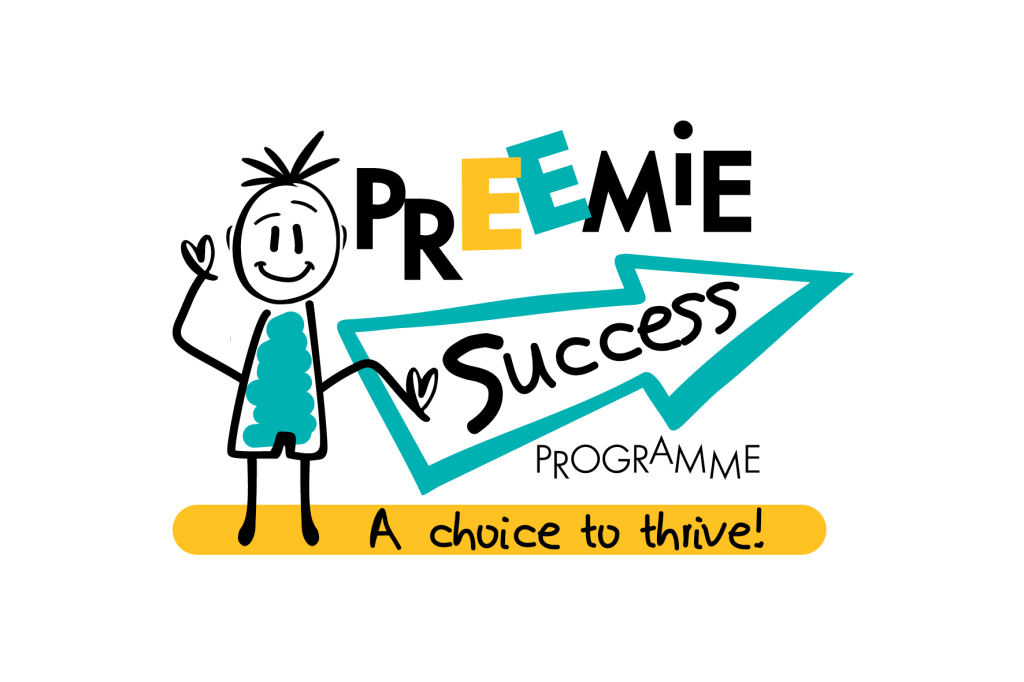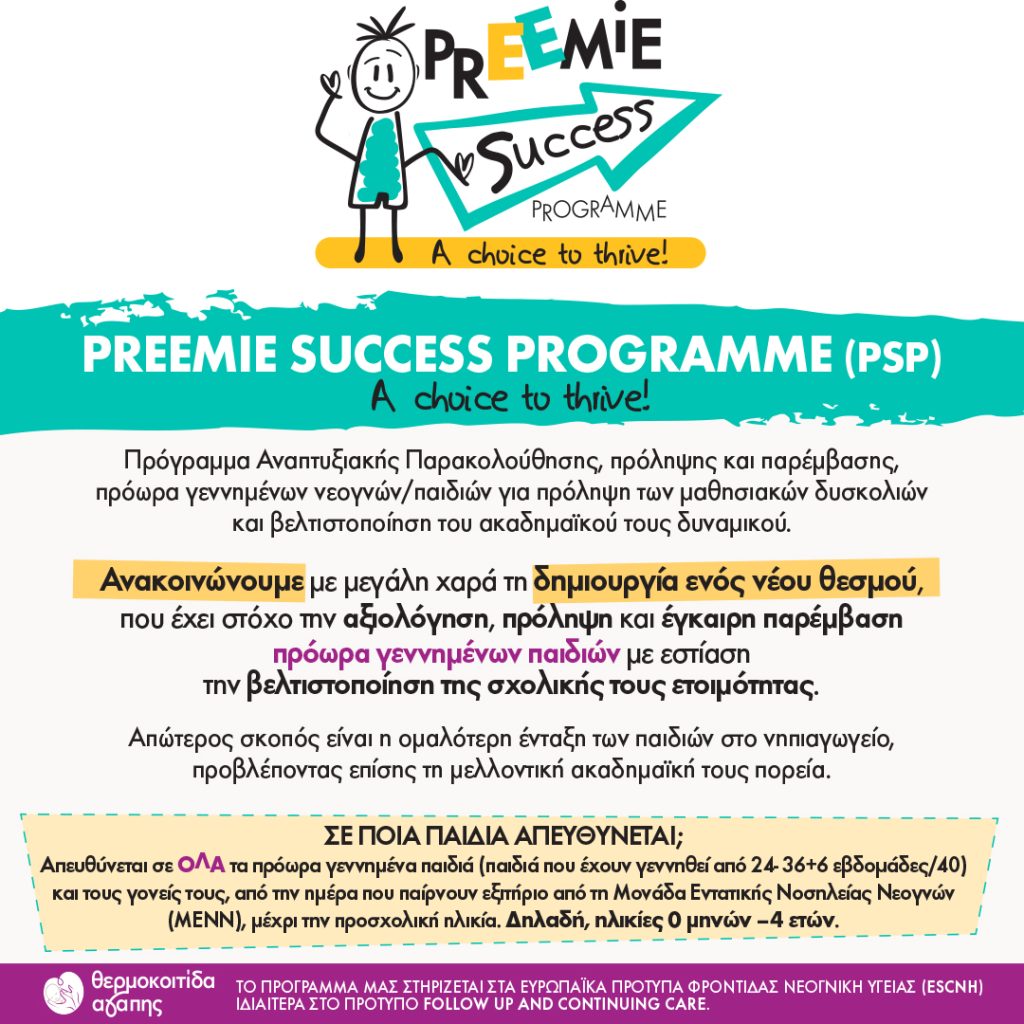2024-09-23 / News
A guest article by Pani Pantelides*
*Pani Pantelides is a NIDCAP professional,
Neonatal Physiotherapist and Early Intervention Specialist,
Senior Faculty of the Family and Infant Neurodevelopmental Education (FINE) programme, and Ambassador of the European Standards of Care for Newborn Health

© Preemie Success Programme (PSP)
After attending the last EFCNI conference, we were amazed by Prof. Dr Dieter Wolke’s research from the University of Warwick (UK) on the “Long term development after very preterm/VLBW birth” and potential resiliency factors.
What surprised us most was the finding that the ability of very preterm or Very Low Birth Weight (VLBW) children to succeed in life tasks as adults—such as health, wealth, and relationships—is not only determined by their health/level of disability. Rather, it is influenced by the quality of parenting they receive, followed by their academic achievements, which are also shaped by the quality of that parenting.
Consequently, Prof. Dr Dieter Wolke emphasises the importance of monitoring preterm children until school age, recommending that assessments and interventions focus not only on motor and language development but also on parent-child interactions, the child’s social life, support during the transition into school, and academic assistance.
Based on Prof. Dr Wolke’s findings, the Scientific Committee of Thermokoitida Agapis has designed a developmental follow-up service.
The “Preemie Success Programme (PSP) – A choice to thrive!” is a developmental follow-up, prevention, and intervention programme for preterm-born infants and children. It aims to prevent learning difficulties and optimise academic potential by empowering early parent-infant interaction from the moment of discharge from the NICU.
PSP is a new initiative in Cyprus aimed at evaluating, preventing, and providing early intervention for preterm-born children, with a focus on optimising their school readiness. The ultimate goal is to facilitate a smoother transition into kindergarten while also predicting their future academic trajectory.
Our programme is also based on the European Standards of Care for Newborn Health (ESCNH), particularly those under the umbrella of the Topic Follow-up & continuing care.
It is designed for all preterm-born children (those born between 24 and 36+6 weeks gestation) and their parents, starting from the day of discharge from the NICU until preschool age, specifically from 0 months to 4 years old.
Research shows that all preterm children have an increased risk of poor academic performance, learning difficulties and special educational needs. Other than the quality of early mother-child interaction, the developmental sequelae of prematurity that can impact a child’s ability to learn, as well as their social and emotional skills, include: motor coordination disorders, deficits in executive functions (such as inadequate attention span, inhibitory control, and cognitive flexibility), slower processing speed, difficulties with fine motor skills and visual-motor integration, deficits in executive function (such as working memory, organisation of thought and behaviour), general cognitive weaknesses, language problems, and difficulties with sensory processing.
Those developmental skills that determine a preterm child’s school readiness and academic trajectory are not established just before school entry; rather, they begin forming and have their neural foundations in the neonatal period, evolving throughout the child’s developmental journey.
For this reason, we have designed the “Preemie Success Programme – A choice to thrive!”, which begins as soon as the infant is discharged from the NICU and follows their development until preschool age.

© Preemie Success Programme (PSP)
The developmental follow-up of preterm infants and children in the PSP is carried out using specific assessment tools for all areas of their development:
The prevention or/and intervention programmes follow the principles of infant and family-centred developmental care, supported by the ESCNH.
The PSP is funded (partially or fully) by Thermokoitida Agapis, based on income criteria of the families which will participate.
You are currently viewing a placeholder content from Facebook. To access the actual content, click the button below. Please note that doing so will share data with third-party providers.
More InformationYou are currently viewing a placeholder content from Instagram. To access the actual content, click the button below. Please note that doing so will share data with third-party providers.
More InformationYou are currently viewing a placeholder content from X. To access the actual content, click the button below. Please note that doing so will share data with third-party providers.
More Information